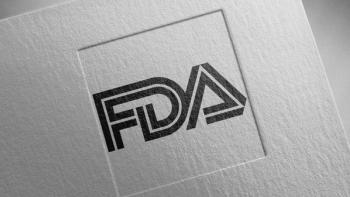
The elinzanetant NDA is based on data, including long-term efficacy, from the OASIS phase 3 clinical trial program, according to Bayer.

The elinzanetant NDA is based on data, including long-term efficacy, from the OASIS phase 3 clinical trial program, according to Bayer.

After a false positive outcome on screening mammography, a short interval call back for repeat imaging was a significant deterrent to future screening.
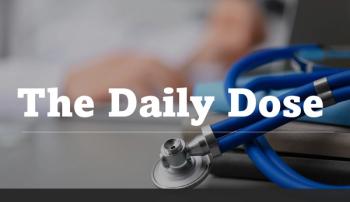
Your daily dose of the clinical news you may have missed.

CHEST 2024: Combined data from 4 continents found consistently better adherence/persistence when COPD triple therapy was initiated with a single inhaler.
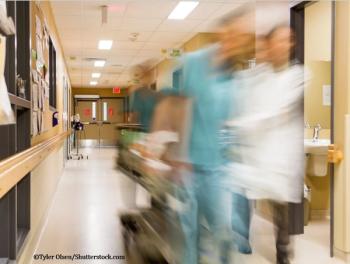
Remdesivir plus dexamethasone was associated with reduced 14- and 28-day mortality vs dexamethasone alone, according to a large study of adults hospitalized with COVID-19.
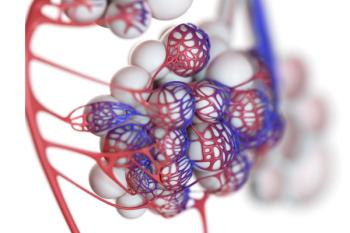
CHEST 2024. Initial treatment for people with COPD should begin early in the disease and leads to significantly reduced risk for exacerbations and inpatient treatment.

Your daily dose of the clinical news you may have missed.

Obesity is a complex disease that requires a multispecialty approach to address the physical and also the mental and emotional components of the widespread disorder.

The most common harm associated with breast cancer screening is a false positive finding; this UC Davis expert wanted to know more about how women respond.
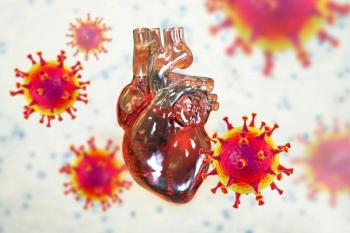
Prior SARS-CoV-2 infection was associated with a 2-fold increased risk for MACE for up to 3 years, even among people with no history of CVD, in a new analysis of UK Biobank data.

The combined bronchodilator/anti-inflammatory agent significantly improved lung function, symptoms and QoL in adults with moderate or severe airflow obstruction.

Your daily dose of the clinical news you may have missed.

The FDA warnings were intended to increase physician monitoring for suicidal thoughts and behaviors but have had dramatic unintended consequences.

The non-prescription test has more than 95% sensitivity and specificity for SARS-COV-2 and influenza A and B and delivers results in approximately 15 minutes.

Your daily dose of the clinical news you may have missed.
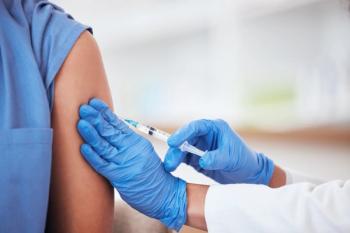
Less than one-quarter of people infected with influenza-associated severe acute respiratory illness were vaccinated, according to a new report.
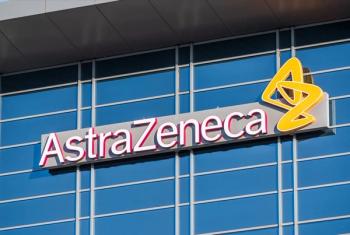
Albuterol/budesonide (Airsupra) has now proven effective as novel combination as-needed rescue medication for adults with asthma regardless of disease severity.

Your daily dose of the clinical news you may have missed.

Medicare’s restrictive coverage policies are denying patients with early Alzheimer's disease access to novel treatments. And private payers are following suit.
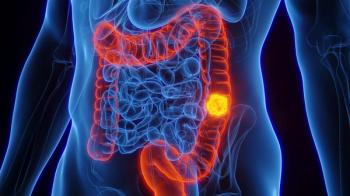
Increases in CRC screening were higher in high socioeconomic status and metropolitan areas, according to a new large cohort study.